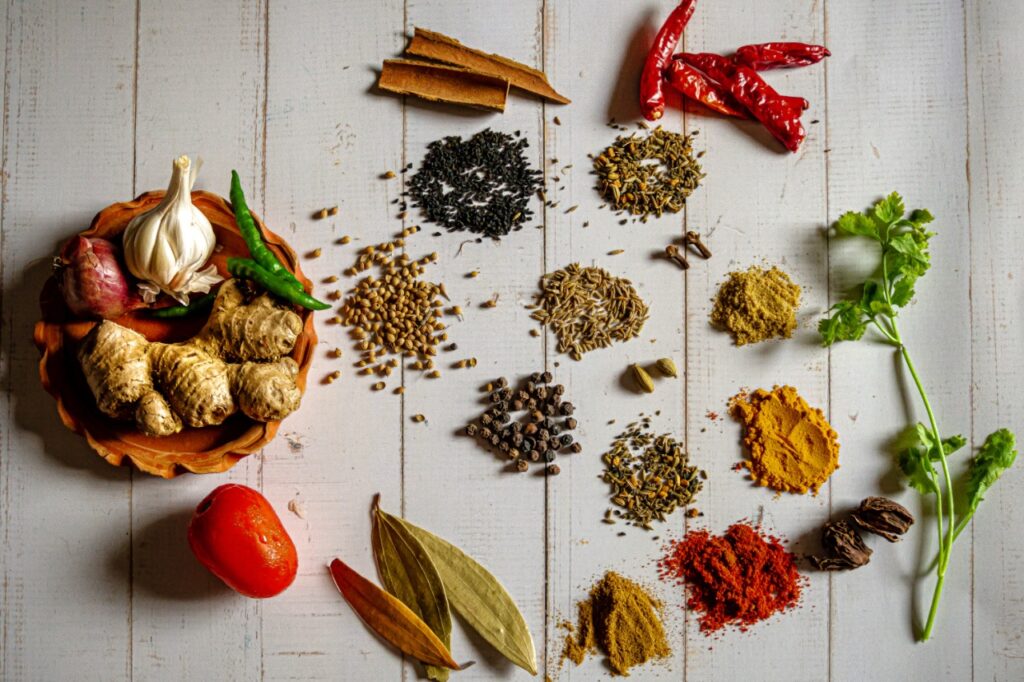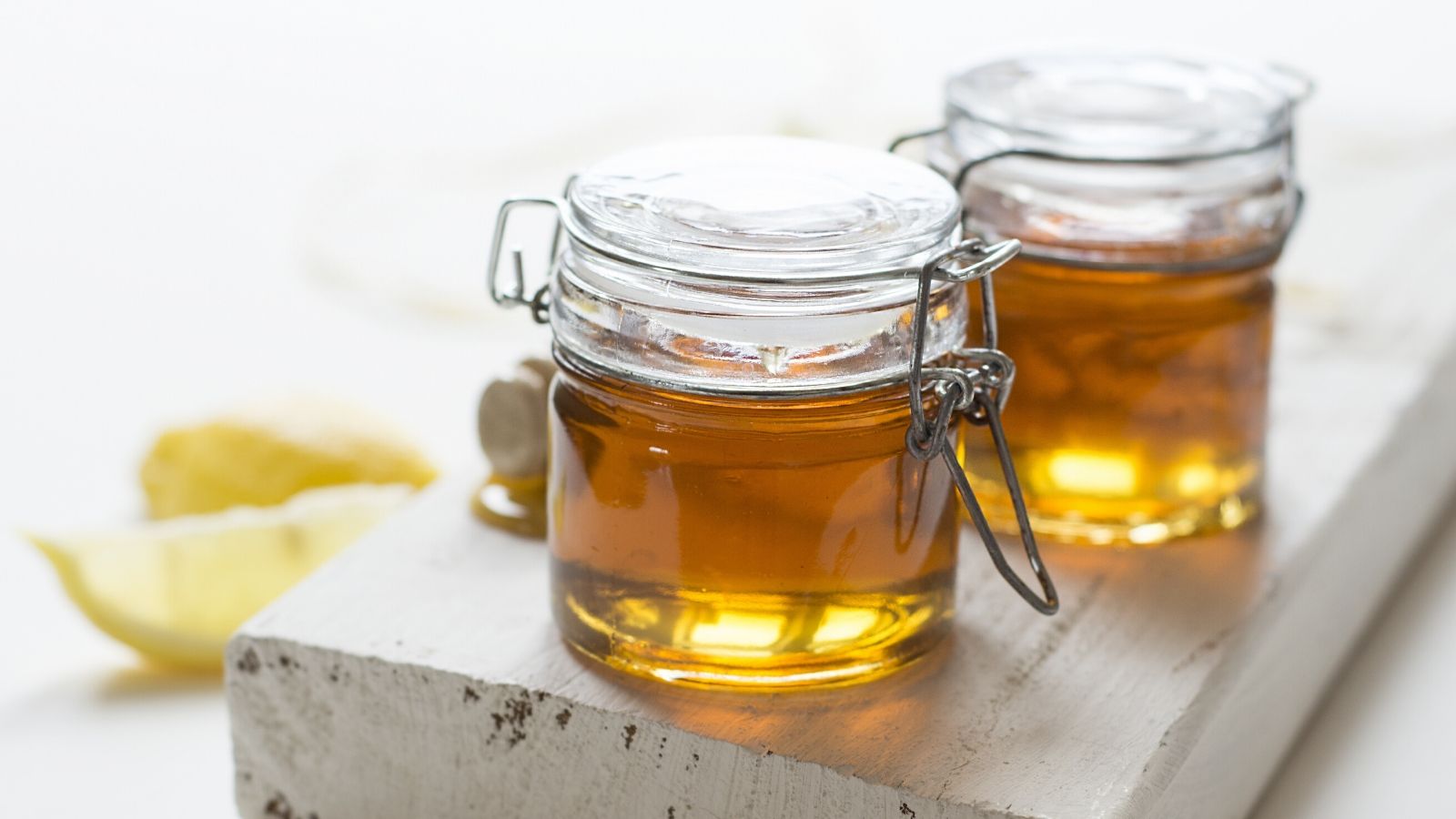High Blood Pressure: 6 Life-altering Tips to Try For REAL Results
High blood pressure is a condition that many people manage daily, but with the right approach, it doesn’t have to be a life sentence. Over the years, I’ve had the privilege of working with countless clients who have successfully lowered their blood pressure, not by drastic measures, but through consistent and thoughtful lifestyle changes.
The journey to managing high blood pressure is about empowering yourself to make choices that support your health. These six strategies I’m about to share have delivered real, measurable results for those who committed to them, offering a pathway to not just managing but potentially reversing high blood pressure.
1. Prioritize Sleep to Protect Your Heart
One of the most overlooked factors in managing high blood pressure is sleep. Poor sleep, especially when it becomes chronic, can significantly elevate your blood pressure. When you’re sleep-deprived, your body produces more stress hormones like cortisol, which naturally increases blood pressure. Over time, this can lead to sustained hypertension, putting your heart at serious risk.

To improve sleep quality, start by establishing a consistent sleep schedule; going to bed and waking up at the same time each day. Create a calming bedtime routine to signal to your body that it’s time to unwind. This could include dimming the lights, avoiding screens an hour before bed, and perhaps indulging in a warm bath.
Also, make sure your sleeping environment is conducive to rest: cool, quiet, and comfortable. Simple adjustments like these can help you get the restorative sleep you need, thereby protecting your heart and lowering your blood pressure.
2. Incorporate Blood Pressure-Lowering Foods
Incorporating blood pressure-lowering foods into your diet can have a significant impact on managing hypertension. Specific foods are known for their ability to help reduce blood pressure naturally.
For instance, hibiscus tea is rich in antioxidants and has been shown to lower both systolic and diastolic blood pressure. Start with one cup a day and gradually increase to up to three cups, spacing them throughout the day for optimal benefits.

Magnesium-rich foods like spinach, almonds, and dark chocolate are excellent for relaxing blood vessels and reducing blood pressure. Include a handful of nuts as a snack or add leafy greens to your meals.
Omega-3 fatty acids, found in fatty fish like salmon and mackerel, help reduce inflammation and improve heart health. Aim for two servings of fatty fish per week or consider a high-quality omega-3 supplement.
Beetroot is another powerful food; it contains nitrates that convert to nitric oxide, helping to relax blood vessels and lower blood pressure. You can enjoy beetroot roasted, in salads, or as a fresh juice.
By incorporating these foods into your daily meals, you can support your cardiovascular health and work toward stabilizing your blood pressure naturally.
3. Manage Stress for Stable Blood Pressure
Stress is an unavoidable part of life, but how you manage it can make a world of difference when it comes to your blood pressure. Chronic stress keeps your body in a constant state of fight-or-flight, which drives up your blood pressure over time. When stress becomes your norm, so does elevated blood pressure, and that’s a recipe for long-term health issues.
Stress and tension are closely linked to fluctuations in blood pressure, often causing spikes that can be harmful over time. Managing stress isn’t just about feeling better mentally—it’s about protecting your heart and overall health.

By incorporating stress management techniques into your routine, you can help stabilize your blood pressure and reduce the strain on your cardiovascular system. Here are practical steps to get you started.
- Practice Deep Breathing: Take 5 minutes twice a day to sit quietly and breathe deeply. Focus on your breath, inhaling slowly through your nose and exhaling through your mouth. This simple practice can lower stress hormones and reduce blood pressure.
- Incorporate Mindfulness Meditation: Spend 10-15 minutes daily on mindfulness meditation. This could be as simple as sitting quietly and observing your thoughts without judgment, or using a guided meditation app.
- Engage in Regular Physical Activity: Physical exercise, even a 20-minute walk, can significantly reduce stress levels. Aim to include some form of exercise daily, whether it’s walking, yoga, or any other activity you enjoy.
- Establish a Daily Routine: A routine brings predictability and stability, which can help manage stress. Stick to a regular schedule for eating, working, and relaxing, which can reduce feelings of overwhelm.
- Set Aside Time for Relaxation: Dedicate at least 30 minutes each day to activities that relax and rejuvenate you, such as reading, listening to music, or spending time in nature. This helps counteract the effects of stress and promotes overall well-being.
These steps are designed to be easy to integrate into your daily routine and, when practiced consistently, can make a significant difference in managing high blood pressure.
4. Exercise Regularly for a Healthier Heart
Regular exercise is one of the most powerful tools in managing high blood pressure. When my clients start incorporating consistent physical activity into their routines, they often see impressive results. Exercise helps your heart pump blood more efficiently, reducing the pressure on your arteries. It also helps with weight management, which is crucial since excess weight can exacerbate high blood pressure.

Now, the key is consistency, not intensity. I often recommend starting with something as simple as a 20-30 minute walk, five times a week. As your stamina builds, you can gradually add in activities like swimming, cycling, or strength training. The goal is to find an activity you enjoy, so it becomes a sustainable part of your lifestyle. Remember, it’s not about punishing your body but nurturing it with movement that supports your heart health.
5. Be Cautious with Medication Adjustments
One of the biggest mistakes I’ve seen people make is thinking they can stop their blood pressure medication as soon as they start feeling better. Let me be clear: lifestyle changes can and do lead to real, tangible improvements in blood pressure, but this doesn’t mean you should ditch your meds overnight. Any adjustments to your medication should be done gradually and under your doctor’s supervision.
“If we are mindful, our body designs the lifestyle it needs. The lifestyle change to adopt is to listen to your body.”
- Luke Coutinho
As you incorporate these lifestyle changes – better sleep, stress management, and regular exercise – your doctor might notice improvements in your blood pressure readings. That’s when you can have a conversation about possibly reducing your medication.
This is a process. It’s about creating a healthy, sustainable lifestyle that works hand-in-hand with your treatment plan, not against it. Always keep your healthcare provider in the loop, and never make abrupt changes on your own.
6. Stay Consistent and Monitor Your Progress
Consistency is the cornerstone of managing high blood pressure. Many clients who have seen the best results are those who stick to their lifestyle changes with dedication. It’s not about making big changes overnight but about gradually integrating small, sustainable habits into your daily routine. Whether it’s maintaining a regular exercise schedule, eating heart-healthy foods, or managing stress, staying consistent is key.
“If you love yourself, you need to discipline yourself, so you don’t hurt, harm, or disrespect yourself. There is power in self-discipline.”
- Luke Coutinho

Keep a log of your progress; track your blood pressure levels, note how your body feels, and observe any changes in your energy levels or mood. If your doctor has prescribed medication, take it as directed. Never go against medical advice; instead, use common sense and a holistic approach to complement your existing treatment. As your health improves, your doctor may adjust your medication, potentially reducing the dosage or even weaning you off if appropriate. But remember, this journey requires patience and consistent effort.
Final Words
Taking control of your health starts with the right mindset. High blood pressure or any other health challenge can be managed, and even overcome, with consistent lifestyle changes and a positive attitude. Your body has an incredible capacity to heal and adapt when given the right tools; whether it’s through better sleep, balanced nutrition, or stress management.
Believe in your ability to make lasting changes, and approach each day with the intention to improve. You are not just a passive observer in your health journey; you are the driver. Start today, and watch as your efforts bring about real, transformative results.
Sometimes, all we need is a fresh page to pursue good health and lifestyle habits.
Start small, with one manageable change today.
Know more about our Rejuvenation and Cleanse Program.
Set up a one-on-one consultation with our integrative team by reaching out to us at
1800 102 0253 or write to us at consults@lukecoutinho.com.
Disclaimer: Always make an informed choice. Keep your healthcare provider in the loop before trying anything new, especially if you are going through a medical condition or are on medications.
|
From a pimple to cancer, our You Care Wellness Program helps you find a way Talk to our integrative team of experts today 18001020253 |










Leave a Reply